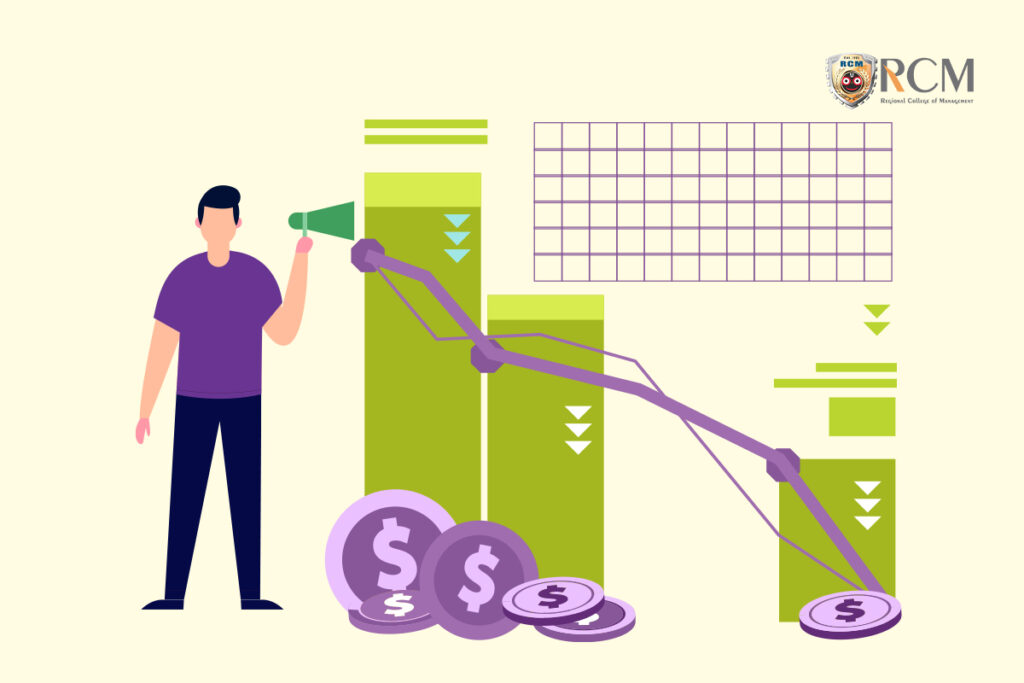In today’s ever-changing economic landscape, financial uncertainty has become an unavoidable reality. From global financial downturns to private financial crises, it is crucial to plan and prepare effectively. This blog delves into techniques to fight financial instability, making sure you hold financial stability even during challenging times.
Understanding Financial Uncertainty
Financial uncertainty refers to the unpredictable nature of monetary occasions that can disrupt your financial prosperity. Whether it stems from job losses, market crashes, or personal crises, such occasions can significantly affect your way of lifestyle. Planning for an economic recession and building strength through proactive crisis management is key to exploring such difficulties.
1. Build an Emergency Fund
An emergency fund acts as a safety net during challenging times. Financial specialists suggest saving something like 3-6 months of everyday costs in a liquid account. This asset gives quick relief during times of financial uncertainty, ensuring your fundamental costs are covered while you rethink your situation.
2. Diversify Your Investments
Investment diversification is a cornerstone of securing your financial future. Spreading your investments across various asset classes, which include stocks, bonds, and real estate, reduces exposure to market volatility. A different portfolio minimizes risks, ensuring you are less affected by sudden market downturns.

3. Conduct Regular Risk Assessments
Periodic risk assessment of your economic situation can help discover vulnerabilities. This consists of analyzing your debt, evaluating your financial savings, and tracking market trends. Staying knowledgeable about potential risk allows for better crisis management and proactive decision-making for the duration of an economic recession.
4. Focus on Income Protection and Job Security
During uncertain times, ensuring job security and income protection is crucial. Upskilling or diversifying your skill set can make you necessary for your field. Additionally, consider making an investment in insurance products that provide profit replacement in case of unexpected events.
5. Stay Informed About Market Volatility
Understanding market volatility facilitates you make informed decisions about your investments. While risky markets may seem intimidating, they also present possibilities. Regularly reviewing your portfolio and in search of expert advice can help mitigate the effects of financial uncertainty.
6. Enhance Financial Stability Through Planning
Long-term financial planning is fundamental to achieving financial stability. This involves setting practical monetary goals, expanding a detailed price range, and sticking to it. Budgeting ensures you allocate assets wisely, paving the way for financial security even at some stage in durations of market volatility.
7. Prepare for Economic Recession

Economic recession planning involves a mixture of saving, reducing debt, and diversifying income streams. Cutting down on non-essential expenses and focusing on necessities guarantees you are better equipped to deal with reduced cash flow throughout a recession.
8. Proactive Crisis Management
Effective crisis management guarantees you are prepared for sudden financial challenges. This entails growing contingency plans for job loss, health emergencies, or sudden financial downturns. Regularly updating these plans guarantees they are still relevant to your economic situation.
Conclusion
While financial uncertainty cannot be avoided, you can mitigate its consequences via proactive planning & preparation. Building an emergency fund, practicing investment diversification, conducting regular risk assessments, and focusing on income protection are key steps in the direction of achieving economic balance. By staying informed of market volatility and engaging in effective crisis management, you may navigate tough times with confidence.
Remember, the key to overcoming financial uncertainty lies in being organized for the unexpected. Start today to shield your financial future and thrive, irrespective of what demanding situations come your way.
At Regional College of Management (RCM), we prepare students to face financial uncertainty by equipping them with advanced knowledge in risk assessment, investment diversification, and crisis management through our specialized MBA+ and PGDM+ Programs.



















